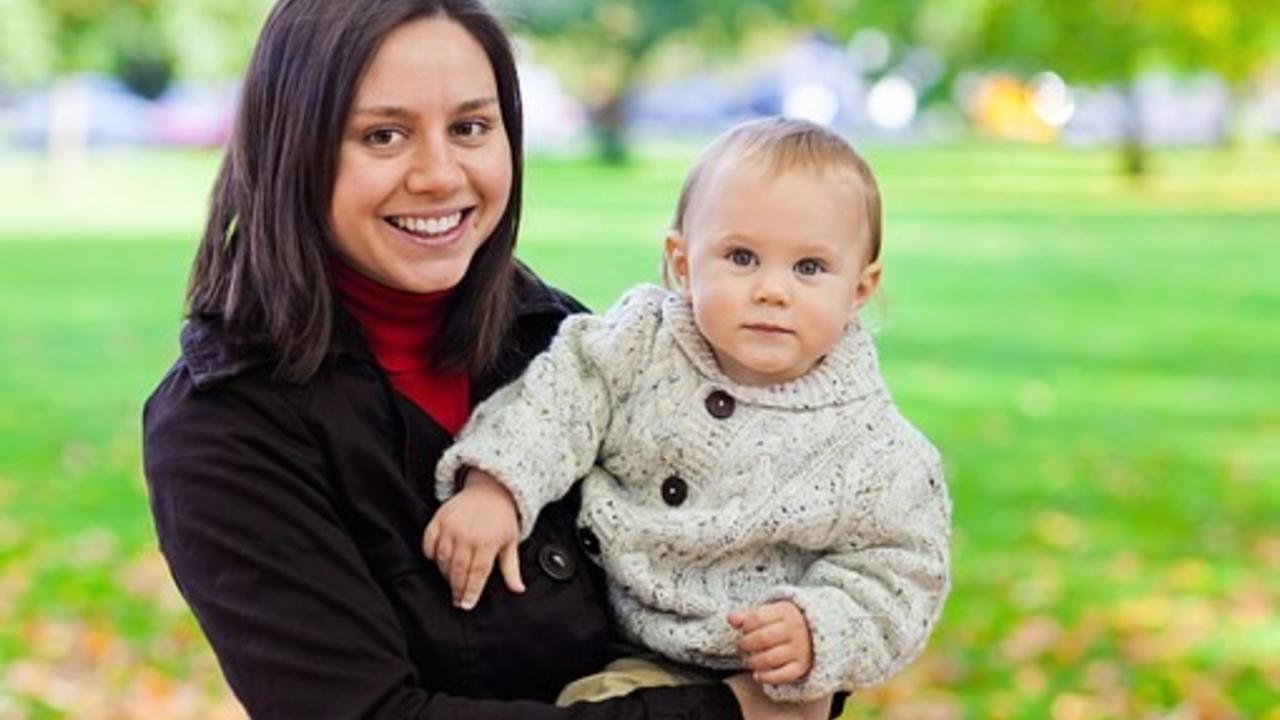Adoption and Identity: Insensitivity, lack of Inclusion, and Psychological Trauma
Sep 19, 2020
“Inclusion is a right not a privilege for a select few. Inclusion is not a matter of political correctness. It is the key to growth.”
– Jesse Jackson
In 2017, I started helping people to tell their stories through books. They share their personal experiences, and how we can draw lessons from them to then help someone else. These stories sometimes bring out issues that will hopefully make people think about their actions. Today allow me to talk about adoption, identity, and inclusion or the lack of it.
One of my current clients Tony Byles is a mixed-race man, he has permitted me to write about this as we work together towards the release of his book that will leave you shocked at some of the experiences he went through.
His birth mother abandoned Tony at six-month-old because she was a white woman married to a white man.
In his book, Tony writes; “I was a blob that over time turned brown”, so the mother had to deal with the situation.
She left him at the door of another white family, who took him in and adopted him. They loved him as their own.

However, as you would imagine growing up in the sixties, seventies, and beyond, he was subjected to all sorts of questions, and comments from people wanting to feed their curiosity. He was also made fun of about his colour and race, which left him quite confused, growing up.
I also came across, a ‘BBC Stories’ article written by Miriam Annenberg (Annenberg, 2019). She writes about a woman called Sara-Jayne King, who was born in South Africa as a result of the white mother’s affair with a black man. When she was born, and they realised her colour, they decided to travel to England, where they gave her up for adoption. When they returned home to South Africa, they told everyone she had died in the UK.
Tony and Sara Jayne’s stories, as well as many other adopted people, demonstrate the psychological trauma and mental torment of not knowing their origins. Tony is a very positive man who I would say turned some extremely mentally taxing situations to positives. The book itself has an enormously positive ending. However, it makes me wonder how our society can be so self-satisfying and insensitive to build such insecurity and uncertainty for someone who is dealing with the fact that they were adopted — especially the assiduous questions about their birth parents, for being mixed race or a different colour.
The constant reminder from people that their parents are not the birth parents. All this opening up to the need to know who the birth parents are and further rejection in adulthood.
On the other side of this, is a white mother who wants to protect her adopted black kids with all she has, while being confronted with all the finger pointing and from both the white people and the black people. There is no winning the adoption story, especially cross culture adoptions. I watched Jada Pinkett-Smith’s Red Table talk with Kristen Davis(Red Table Talk: Should White People Adopt Black Kids?, 2019). The Facebook show’s episode features a white woman raising her two adopted black children. She emotionally discusses what she has to go through trying to live up the expectations of parenting black kids all the while knowing that she will never fully be able to understand what is awaiting them.
This led me to ask:
- Do people care about the feelings of the adoptee when they want to fulfil their curiosity about a person’s origin?
- Do they ever think about the consequences of societies treatment of cross culture adoptions?
- What can we, as a society, do about it?
- It should be common sense, right?
Well, it doesn’t seem so.
So here is the thing, people. It is incredibly harmful to their mental health and psychological wellbeing.
“Adopted people just want to be included in society without constant questions.”
The next time you want to ask that question, stop and think of what you are doing to that person. It is worse than asking someone about their weight, and yet people seem to ask at free will.
Although most mental health and behavioural health professionals have been trained, family members such as adoptive parents, siblings and other family members and the community around that person lack the necessary training and support for the adopted person(Javier, 2007). They lack the understanding of the depth of the psychological assault that adopted people experience at the expense of banter, ignorance of curiosity. I think there needs to be training in schools and communities about what I feel is common decency and a little bit of thoughtfulness.
I look forward to exploring more the subject, with special thanks to Tony for allowing me to vent through this post.
If you would like to read be notified when Tony Byles’s book is out, register your interest here https://www.diverse-cultures.com/contact
To learn more about Sara-Jayne’s story, visit this link:
https://www.bbc.co.uk/news/stories-48857140
To watch Red Table Talk episode follow this link
https://www.facebook.com/redtabletalk/videos/1430912810380278/
If you are interested in looking at some of the titles I have worked on, follow the link below:
https://www.amazon.co.uk/Amina-Chitembo/e/B076PWJ6PB?
Let us connect on Twitter and LinkedIn: @aminachitembo
References
Annenberg, M. (2019) My parents told everyone I was dead. BBC News Stories, 4 Jul.
Red Table Talk: Should White People Adopt Black Kids?. (2019) Directed by Jada Pinket Smith. Facebook.
Javier, R.A. (2007) Title: Handbook of Adoption : Implications for Researchers, Practitioners, and Families. Thousand Oaks: SAGE Publications, Inc. 2007.
Stay connected with news and updates!
Join our mailing list to receive the latest news and updates from our team.
Don't worry, your information will not be shared.
We hate SPAM. We will never sell your information, for any reason.
